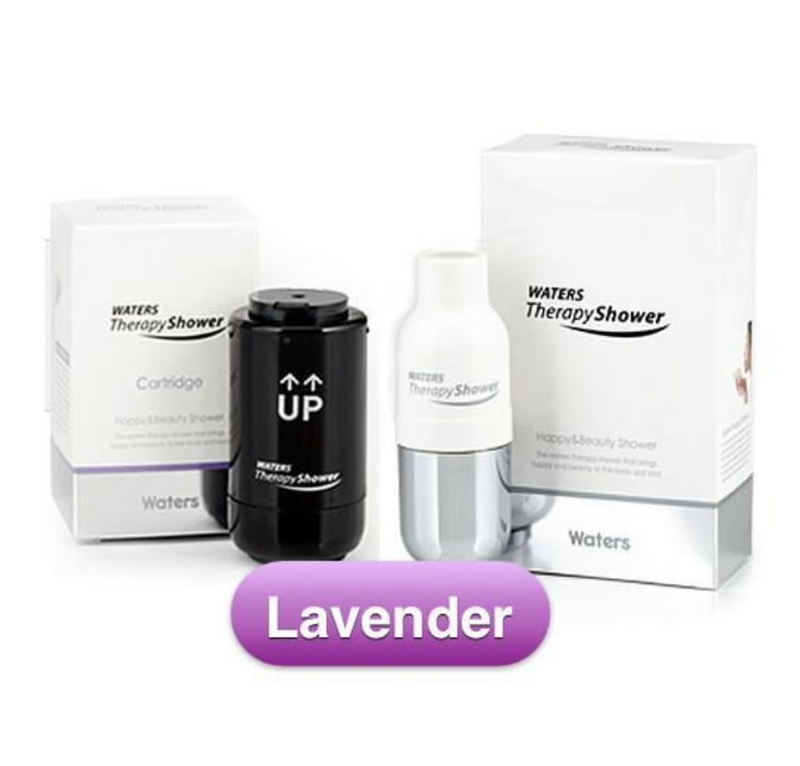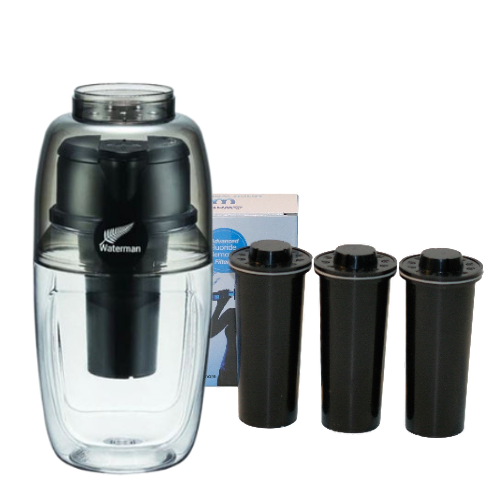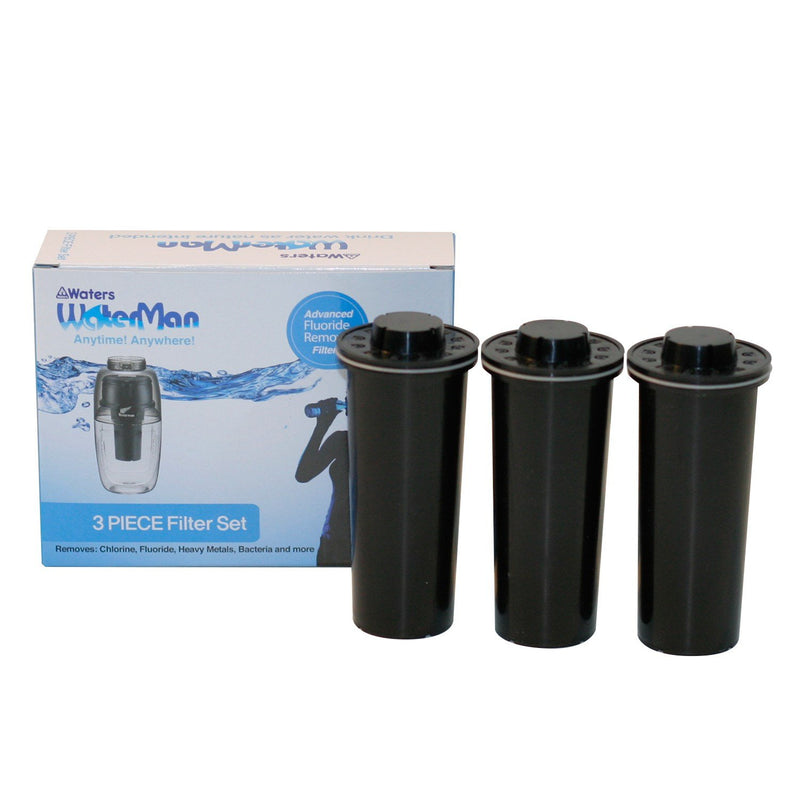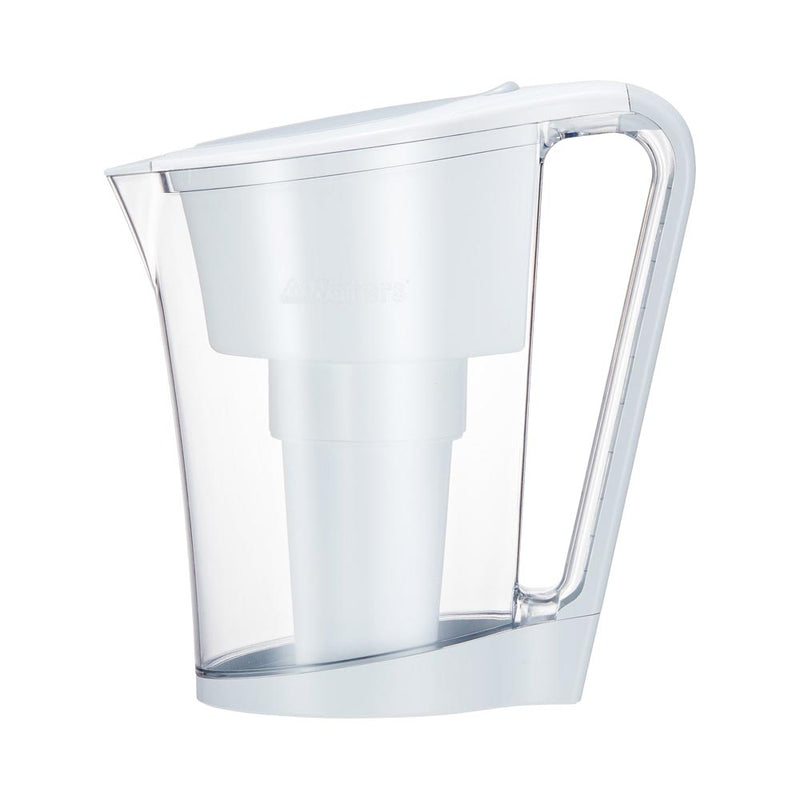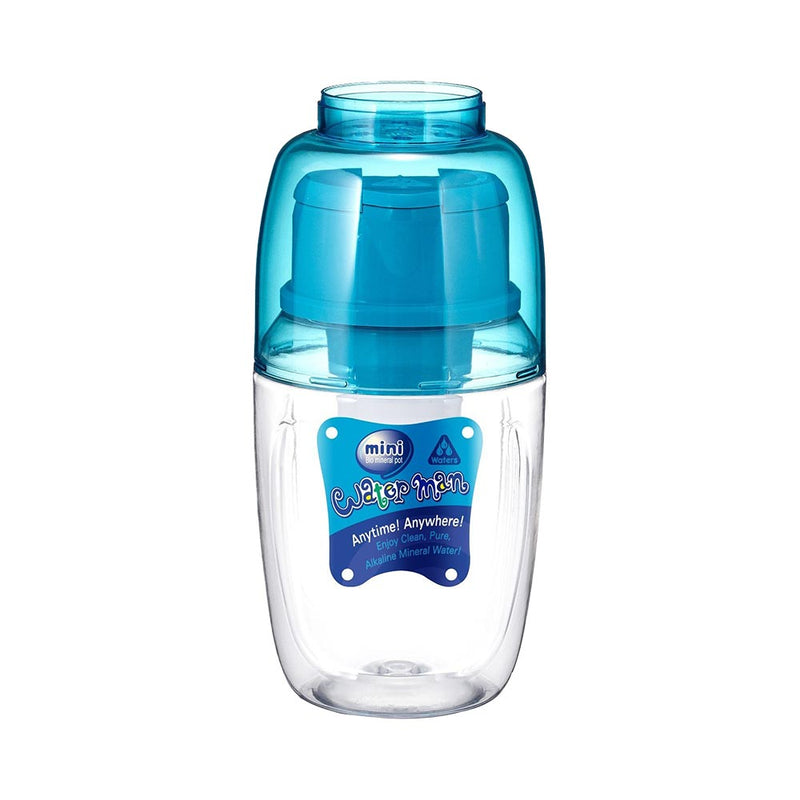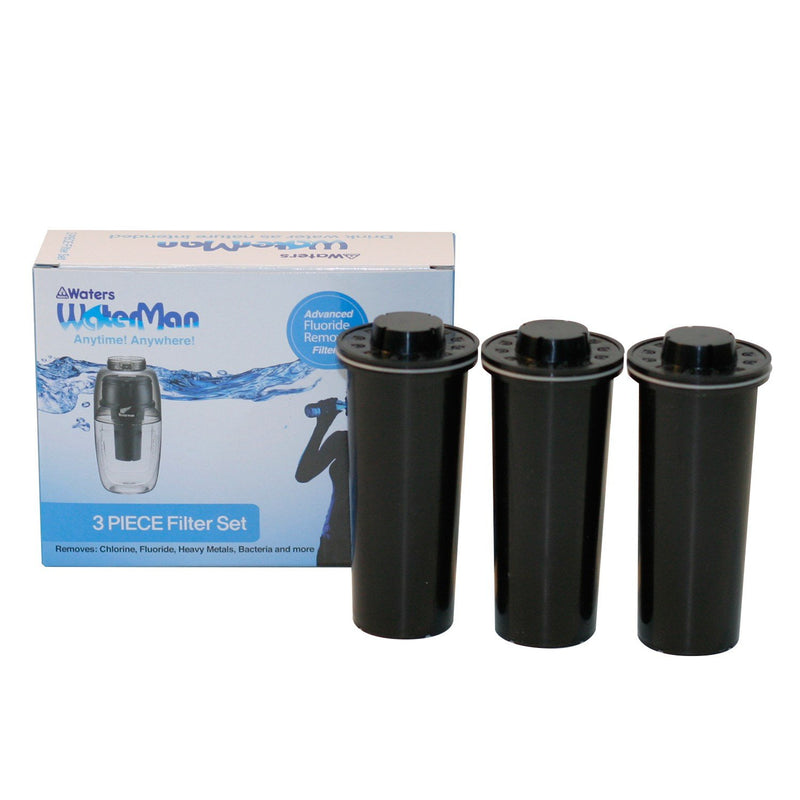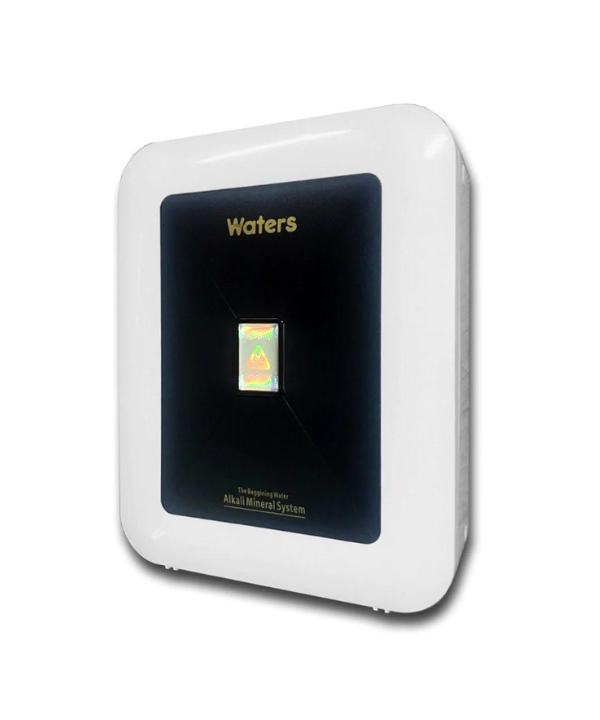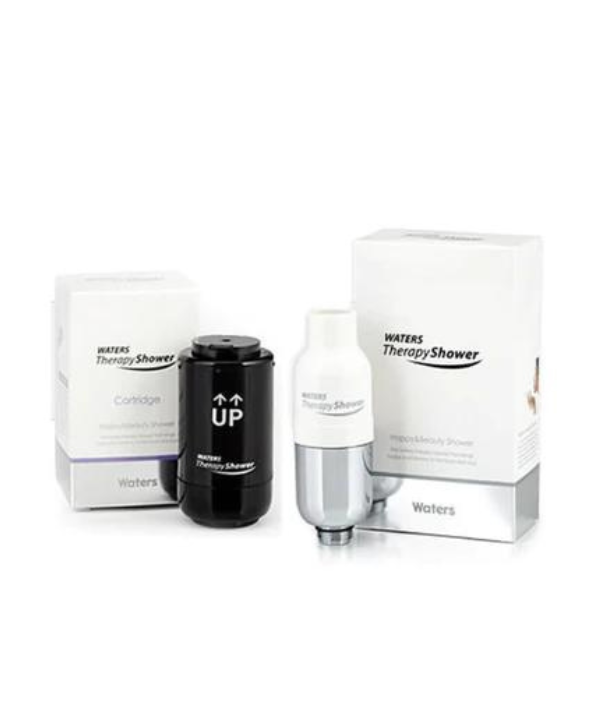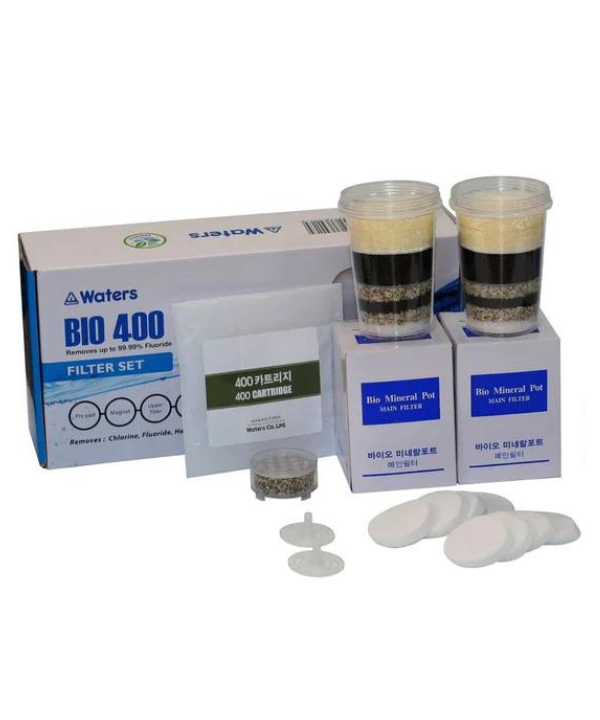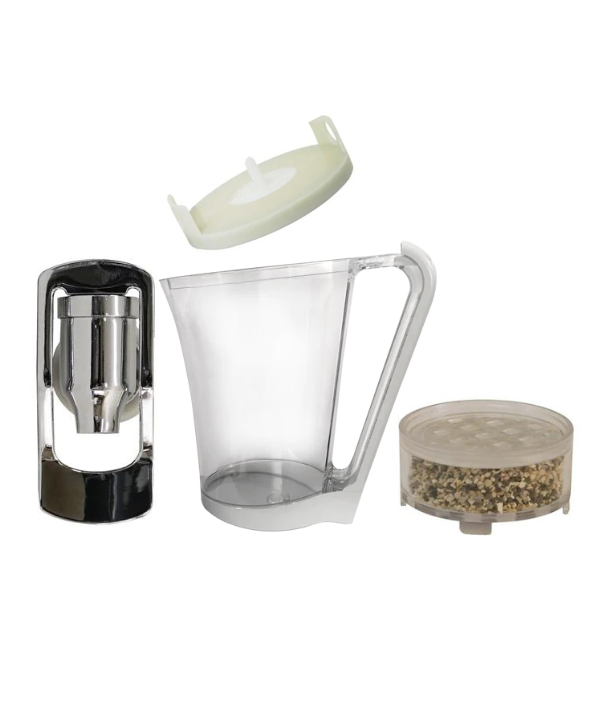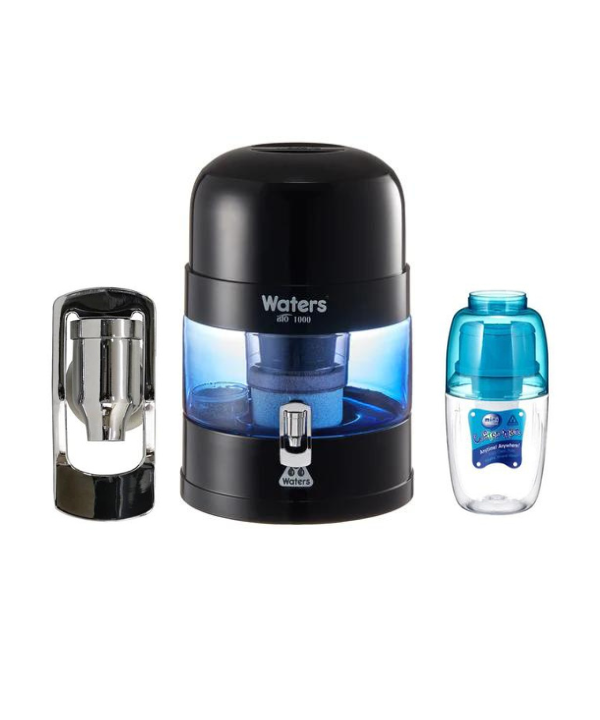Bottled or Tap Water: Which is Better For You and the Planet?
As consumers become more aware of the environmental impact of single-use water bottles, many are weighing the advantages of tap water against the bottled variety sold in shops and restaurants. For instance, is bottled water safer than tap water? Which tastes better, and is there really a difference?
Learn more here.
What are the main differences between tap and bottled drinking water?
When choosing between tap and bottled water, there are several factors to consider, including:
- Cost - Depending on where you are and which brand you're purchasing, bottled water can cost 2,000 times more than tap water. According to the Australian Museum, tap water costs about 1 cent per litre while bottled water typically costs $2.53. The cost of bottled water adds up when you keep repurchasing it.

Most public areas in Australia like parks and gyms have water fountains that can be used for free. Bars and restaurants that serve liquor for on-site consumption in Victoria are also required to provide water.
- Convenience - Perhaps the main reason consumers choose bottled water over tap despite the cost difference is that it is often more convenient to buy it from the shops when they're out and about and have no immediate access to a faucet.
- Quality - Unfiltered tap water may have an off-taste depending on where it's sourced and the treatment process, mineral content, the age and type of the water pipes, and other factors. This can however be improved with water filtration.
Bottled water, by comparison, might have little to no discernible scent or taste unless it's the flavoured variety. Although bottled water is widely believed to taste better than tap, blind tastes have revealed that most people can't taste the difference between the two.

- Safety - Public water supplies are generally safe to drink in Australia, with drinking water undergoing treatments to ensure safety and prevent the spread of waterborne diseases. Drinking water laws and right-to-know provisions also require tap suppliers to present annual quality reports to customers. If you are concerned about chlorine, fluoride, and other contaminants in tap water, you can use a water filter to enhance water safety.
Though mostly safe however, tap might present issues in rural areas with a higher likelihood of contamination, or in countries where there is no access to safe public water supplies.
Bottled water goes through the same treatment as tap water. However, a four-year review by Natural Resources Defense Council (NRDC) found that there is no assurance that bottled water is cleaner or safer than tap. About 25% of bottled water was found to be just tap water in a bottle that may or may not have been further treated.
Researchers have also raised the alarm on microplastics found in bottled water, as chemicals from BPA leaching into the liquid under extreme heat, and with vigorous shaking motions. Some consumers reuse plastic bottles thinking it will offset some of the environmental impacts though this practice may pose some health risks in the long-term, including increased risk of toxins and microplastics leaching from the bottle as well as a greater likelihood of bacterial growth.
- Environmental impact - The process of bottling, refrigerating, transporting, and disposal of bottled water can have negative effects on the environment. Before bottling, water is usually stored in a treatment facility where it undergoes processes needed to remove any contaminants. Each step utilises energy and chemicals that have an environmental impact.
Although tap water also goes through several chemical processes for disinfection, its overall environmental effects are significantly less than bottled water. Further, tap water doesn't require the manufacture of single-use plastic bottles or other disposable containers that crowd the landfills.
Ultimately, the decision between tap and bottled water is a personal matter. If you want to minimise your consumption of bottled water, you can stay hydrated with a reusable water bottle with a built-in filter that can improve the taste and odour of tap water.

Waters Co is proud to offer a selection of high-quality water filtration systems and water filter bottles for your convenience. Browse our store today for reusable water bottles that can remove fluoride, chlorine, and other contaminants from tap water.


